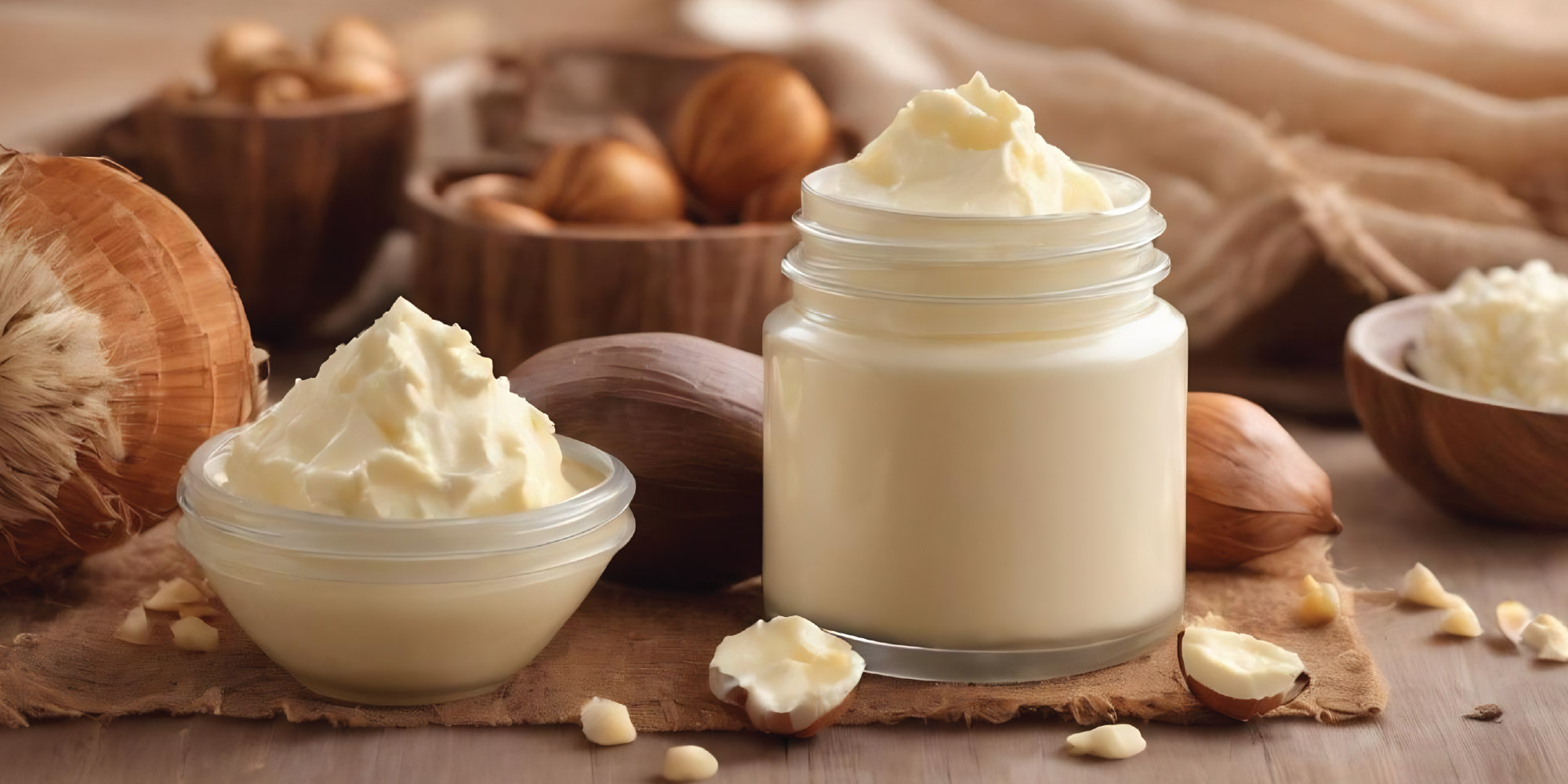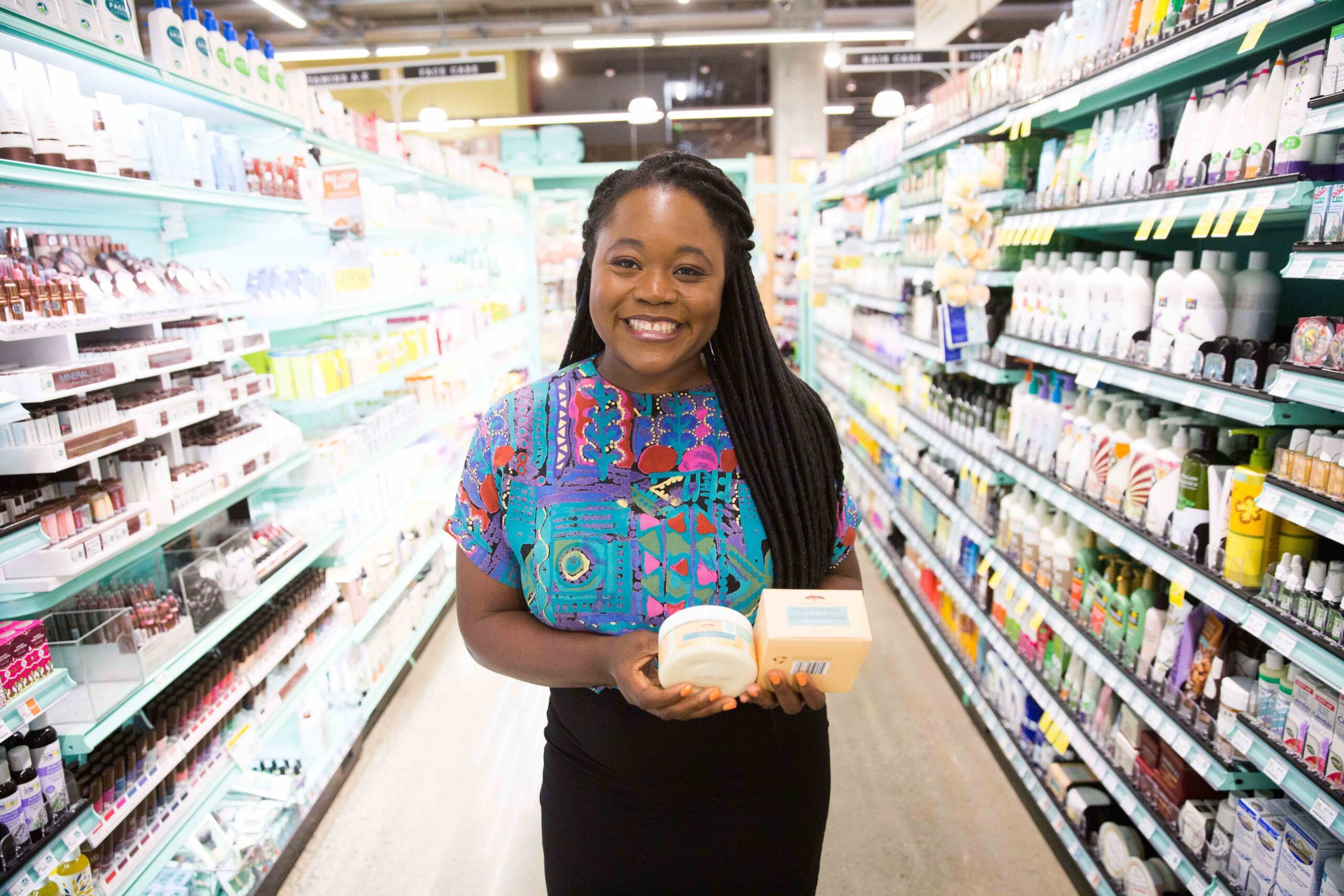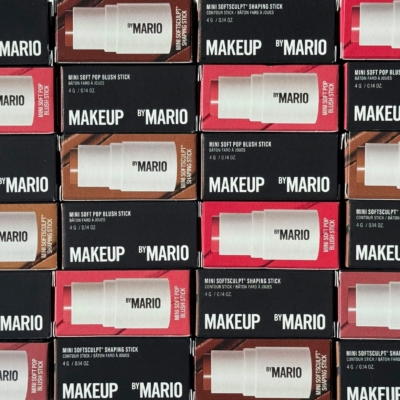
How Beauty Brands Can Address Shea Industry Inequities
Nigeria has imposed a six-month ban on the export of raw shea nuts with the goal of boosting local processing and ensuring more of the ingredient’s value stays in the country before it’s shipped abroad.
The stakes are high. While the country produces nearly 40% of the world’s annual shea nut crop, it captures only 1% of the $6.5 billion global shea industry, a disparity Nigeria vice president Kashim Shettima has called “unacceptable.” He wants to see Nigeria’s shea-related earnings grow from $65 million to $300 million annually by 2027 and for it to become a supplier of processed shea products rather than merely their raw forms.
The shea nut business sustains millions of women across West Africa, where shea nuts are harvested and transformed into unrefined shea butter using labor-intensive methods passed down for generations. The region is the source of 90% of the shea in the world, while the ingredient is often processed in Europe and Asia. According to estimates in an article on the shea industry in the Substack Africa Unfiltered, a West African woman harvesting shea nuts and turning them into shea butter earns $1.50 or less on a $25 to $30 jar of shea butter sold in a Western market.
Nigeria’s ban on shea nut exports follows similar moves in Burkina Faso, Mali, Côte d’Ivoire, Togo and Ghana, where governments have restricted or regulated the shea nut trade in efforts to stimulate domestic industries and retain more value for their economies. Together, these policies represent a broader regional push to rebalance the shea trade in favor of their root suppliers.
To explore the implications of Nigeria’s decision, Beauty Independent chatted with Rahama Wright, founder of Shea Yeleen and the newly launched Washington, D.C.-based Yeleen Beauty Makerspace, which helps BIPOC entrepreneurs start clean beauty brands by providing affordable small-batch manufacturing, business support and ethically sourced ingredients. Drawing on nearly two decades of experience building fair trade partnerships with women-led cooperatives in Ghana, Wright shares her perspective on how Nigeria’s shea export moratorium could reshape the shea industry and the profound consequences for the communities impacted.
What does the shea trade look like?
The shea trade is a billion-dollar global industry built on the backs of millions of African women, but they capture only a fraction of the wealth. Right now, the vast majority of shea leaves Africa as a raw nut, only to be processed and turned into higher-value products overseas.
It’s an extractive model: women collect the nuts, middlemen export them, and the biggest profits are made far from the communities where shea grows. It’s no secret that global free trade hasn’t worked for African producers. Nigeria is experimenting with a way to capture more value locally. The beauty industry should see this not as a threat, but as an invitation to build stronger partnerships on the continent.
How has it changed over the years?
There’s more global demand than ever. Shea is in chocolate, food products and beauty, but the structure of the trade hasn’t changed much. Producers are still at the bottom of the value chain.
Some cooperatives and ethical brands like ours have pushed for fair wages and local processing. Consumer awareness has changed as well. More and more shoppers want to know that their beauty products are ethical and sustainable, and that’s forcing the industry to evolve.
What was your initial reaction to the news of Nigeria’s export pause?
I’m actually probably one of the few people that is excited to see Nigeria taking the stance because I’ve literally been pounding the mallet and saying, “Hey, we need to stop selling the value of these products, it’s creating poverty in these communities. Women are not able to take care of themselves, take care of their children.”
They’re the beginning of the supply chain. You cannot find shea butter anywhere in the world if an African woman was not part of the process. They’re the ones who harvest the fruit, they’re the ones who are the authors of this ingredient. By essentially forcing them to only be harvesters, forcing them to only do the labor of picking and not giving them the tools and resources to add value, they can’t move up in the value supply chain. The industry is essentially founded on the backs of these women and, in my opinion, utilizing very cheap and slave labor to fuel this multibillion-dollar industry.
What do you think it means for the beauty industry as a whole?
My initial thought is it’s an attention grabber, and I’ve seen the story being picked up and people sharing it. People are like, wait, why? If you ask the question why, then you cannot divorce the answer from the role of women and their labor. This is a moment for the beauty industry to take a pause and really explore why a country would do this. The Nigerian economy is one of the largest economies on the continent, and the largest population of Africans are Nigerians. So, why would the government take such a drastic measure?
The pause is asking us to pay attention to inequality. It’s asking us to pay attention to a broken system. It’s only six months, it’s not forever, and I imagine that there’s going to be some analysis happening in those six months. The government is going to be, if they haven’t already started, working to capture the data that they need to justify how do we move from pausing this to actual policies and programs that will address the gaps and help us solve the problem we are seeing in this industry.
Another thing is there might be some supply issues. If so, folks’ pockets are going to be hurting. Those folks’ pockets are the large multinational seed oil refineries that are found in Asia and Europe. This is a tool to bring those people to the table and negotiate to figure out how can the industry serve the local communities better.

How should brands navigate the pause?
Companies sourcing shea nuts will have a much harder time getting them. De minimus is also playing a role, too. This pullback is going to cause a ripple effect around the cost. Costs are going to increase. Supply is going to be limited as more than half of the world supply is being cut off. That’s going to impact everyone.
This is a moment for companies doing things the right way to connect with other companies that may have not been doing things the right way, not necessarily because they didn’t want to, but they didn’t know how. Companies like my company and others working with women directly, we’re exactly what the Nigerian government is trying to say they want in the industry. We are using a business model that they see is better for their communities. Instead of recreating the wheel, come partner with us, see how we’re doing things, increase our capability and our capacity to do it more and better.
That’s part of the reason why the Makerspace is being built so that we can bring small businesses together, many of whom don’t have the ability to hop on a plane and go to Ghana, Nigeria or Senegal. We’re actually in a position to connect the dots between these women’s groups and cooperatives and businesses wanting their products.
Can the pause end up hurting the Nigerian shea industry?
This is risky for the Nigerian government and for the shea industry. People could decide to move on and find alternatives and other oils. Even though I feel like shea oil is the best, if you can’t find or get access to a key ingredient, you’re probably going to look for another.
This is where I think it’s so important for this pause to be a moment to strategize about how you get to the solution you’re looking for. This is where the partnerships, working with companies and brands doing the right thing and already incorporating communities and cooperatives into their business model is important.
“The pause is asking us to pay attention to inequality. It’s asking us to pay attention to a broken system.”
Could moving to other countries be a possibility? Or will they follow Nigeria’s footsteps with a pause?
They could move to another country, but here’s where climate change is having an impact. Even with the communities that we work with in the northern part of Ghana, year after year, the trees, in terms of their output and production of shea, have been declining because of climate change. You might potentially be able to go to another country, but they may not have the volume that Nigeria has.
Instead of using what Nigeria is doing for another country to try to become more competitive, which I actually think will be difficult because they don’t have the scale, this should be a moment for these countries to come together in the same way we see in the oil industry. Those countries come together and make sure that you can’t go to any other country and get a better deal.
At the end of the day, it doesn’t matter if you’re in Nigeria, Ghana, Senegal, Chad, every country has the same problem of their communities struggling with systemic and harsh poverty. If they care about their communities and they care about making change in these rural areas, they really should ask the beauty industry and other industries like the confectionary industry to do better.
We’ve reached a point in time where no one should really want to have slavery in their supply chains. No one should really want to bring products to market that are preventing mom or dad from sending their kid to school or buying medicine for a sick child or having kids vulnerable to trafficking. I don’t think it should be seen as a negative. It should be seen as a moment to reflect on if we as a community and as an industry can do better.
Is there an amount that the brands should be paying producers in Nigeria?
There are a couple ways brands can consider paying better wages. The popular option is fair trade premiums, which is usually calculated by placing a premium price on a market price or minimum local price. This can range from 10% to 20% increase on the market price for shea, which I’ve seen as low as 10 cents per pound and in some instances women are not paid money for their nuts, but instead given things like home goods. But this doesn’t necessarily mean real impact and often amounts to mere pennies more.
I recommend a living wage as a better alternative. In the Shea Yeleen model, that is a five times increase on the minimum wage and accounts for labor and basic living expenses. Ultimately, brands shouldn’t be looking for a flat “fair price” sticker, they should be benchmarking against living wages and community impact.
How could the ecosystem move to more of the refining being done in West Africa?
Moving refining to West Africa requires a joint effort of government policy, infrastructure and brand partnerships that make value-addition economically viable on the ground. It would require a multi-prong approach. Key recommendations include:
1. Infrastructure investment: Processing plants, quality control labs and storage facilities are essential. Without them, West African producers can’t meet cosmetic-grade standards. Governments like Nigeria’s must pair policies—export bans, incentives—with capital for plant build-outs and logistics.
2. Financing and partnerships: Beauty brands could co-invest in facilities, a shared value model where both suppliers and brands benefit. Also, development finance institutions and impact investors could de-risk the upfront costs of building refining capacity.
3. Technical training: Scaling processing requires training women not just as nut collectors, but as technicians, quality assurance experts and factory operators. Partnerships with universities, NGOs and global labs can also help transfer knowledge.
4. Market commitments: Beauty brands can make off-take agreements, which are commitments to purchase processed butter from African plants, to provide stability and encourage investment.
5. Policy alignment: An export ban without parallel investments in infrastructure won’t work. Additionally, the government has to consider other policy tools like tariff incentives, tax breaks and grants for local processing to encourage sustainable industry growth
When we consider the scope of the task at hand, six months is not enough time to address these systemic issues, so it will be interesting to see how this ban plays out.
What could be the potential long-term impact of the pause?
If Nigeria invests in processing capacity, it could mean thousands of new jobs, stronger local economies and women moving from poverty to prosperity. But if infrastructure and training don’t follow, the ban could backfire and harm farmers who suddenly lose access to buyers. In the best case, we could see Africa exporting finished ingredients, not just raw nuts. That would truly rebalance power in the beauty industry.
It could also create more competition between shea producing countries who can see this as an opportunity to get more market share. But the impacts of climate change and Nigeria’s sizable 40% share of the raw shea nut market may make this challenging. This could change sourcing models and supply chains for both large and indie brands.





Leave a Reply
You must be logged in to post a comment.